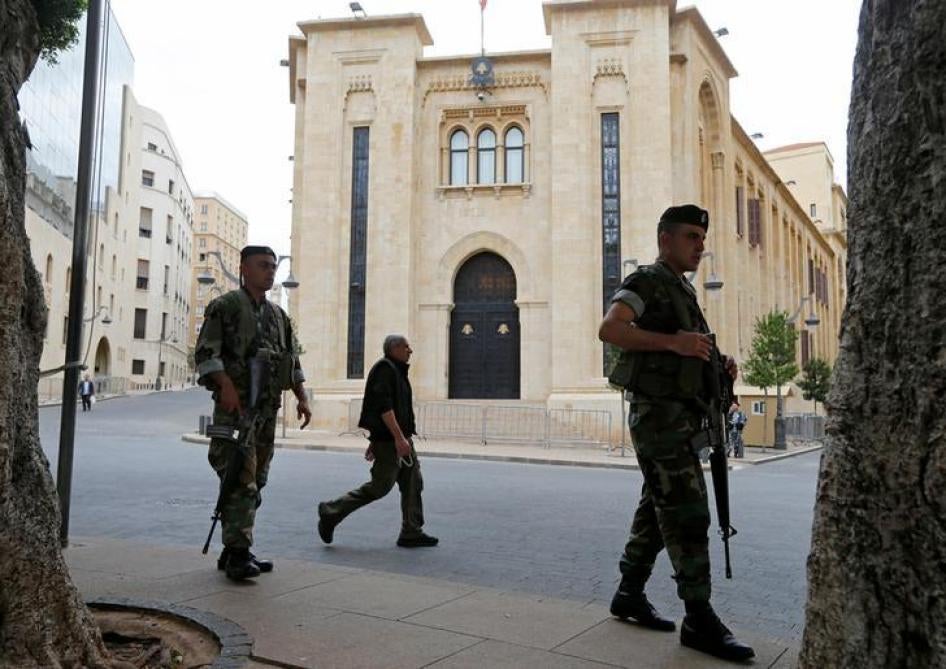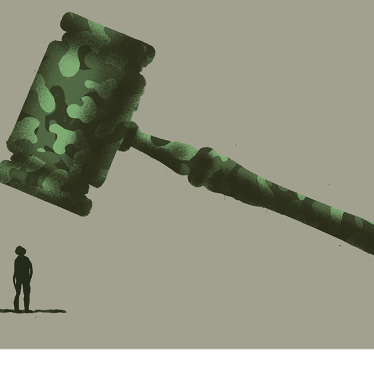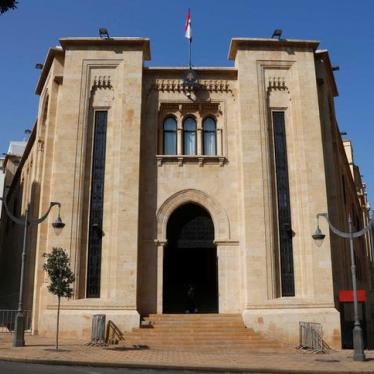If Lebanon’s parliamentarians postpone general elections for a third time, they will have more than doubled the time they were elected to serve, dashing the hopes of citizens who have been waiting to elect their representatives since 2013. The last general election was in June 2009. Because Lebanon’s voting age is 21, some people are close to turning 30 but have never had a chance to elect their parliamentary representatives.
President Michel Aoun in April suspended parliament for one month, to allow parliamentarians more time to resolve debate over Lebanon’s electoral law and to avert an anticipated one year extension. But they have yet to come to an agreement, and Speaker Nabih Berri has once again postponed the legislative session until June 5.
An extension of parliament’s term would flout the 2014 Constitutional Council decision that found periodic elections to be “an absolute constitutional principle that shall not be breached,” and that tying elections to an agreement on an electoral law or any consideration “is incompatible with the Constitution.” As the council noted, an extension may also violate Lebanon’s international human rights obligations. And it would throw into limbo long awaited human rights reforms pending in parliament.
After years in which parliament was not meeting regularly due to a presidential vacuum that ended in 2016, Lebanon badly needs a functional parliament that can take up key legislative reforms. Bills are pending in parliament that would criminalize all forms of torture, abolish child marriage, remove civilians from the military court system, reform Lebanon’s domestic violence law, and repeal article 522 of the criminal code—which allows rapists who marry their victims to escape prosecution. And beyond what is immediately pending, legislative reforms are badly needed for issues from free speech to migrant domestic workers to LGBT rights.
Aside from the importance of a functioning parliament, a delay may also violate Lebanon’s international human rights obligations. As a party to the International Covenant on Civil and Political Rights, Lebanon is bound under international law to guarantee citizens the right “to vote and to be elected at genuine periodic elections.” The UN Human Rights Committee, the authoritative body that oversees the covenant, has held that “elections must be held at intervals which are not unduly long and which ensure that the authority of government continues to be based on the free expression of the will of electors.” It would be hard to argue that Lebanon is in compliance with this requirement after three parliamentary extensions since 2009.
Human Rights Watch has not taken a position on the various electoral law proposals that have taken shape in the past year. Under international law, any electoral law must guarantee and give effect to the free expression of the will of the voters and should not distort the distribution of voters or discriminate against any group. Any legislative reform should be guided by these principles. But beyond that, parliament cannot continue to stave off its own elections and prevent the Lebanese people from holding its members to account. By extending its mandate yet again, parliament would be denying its citizens the right to elect their representatives—a principle at the bedrock of any democracy.










